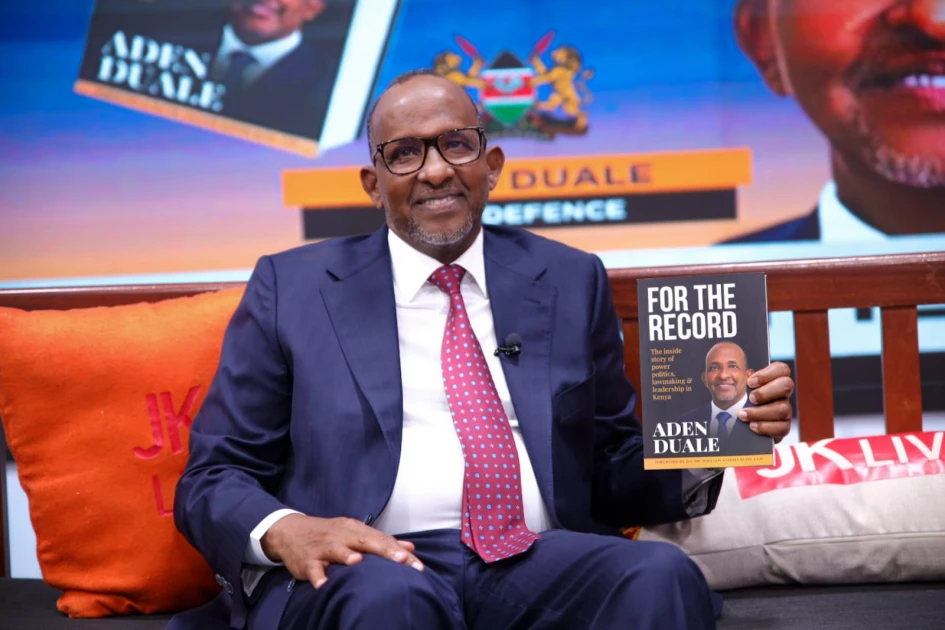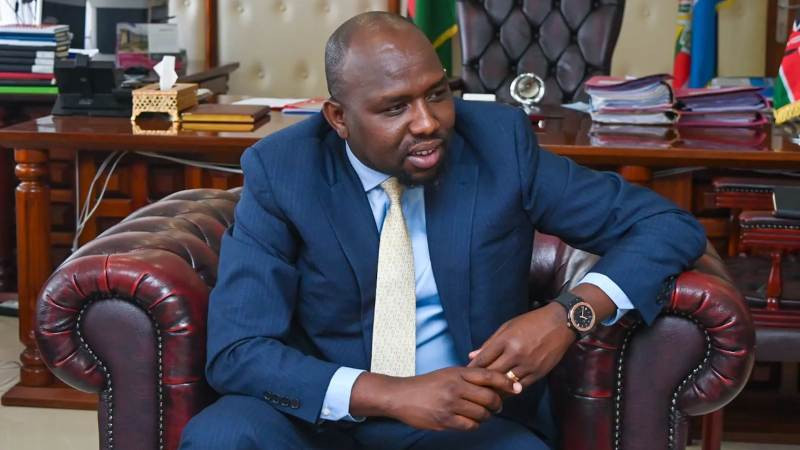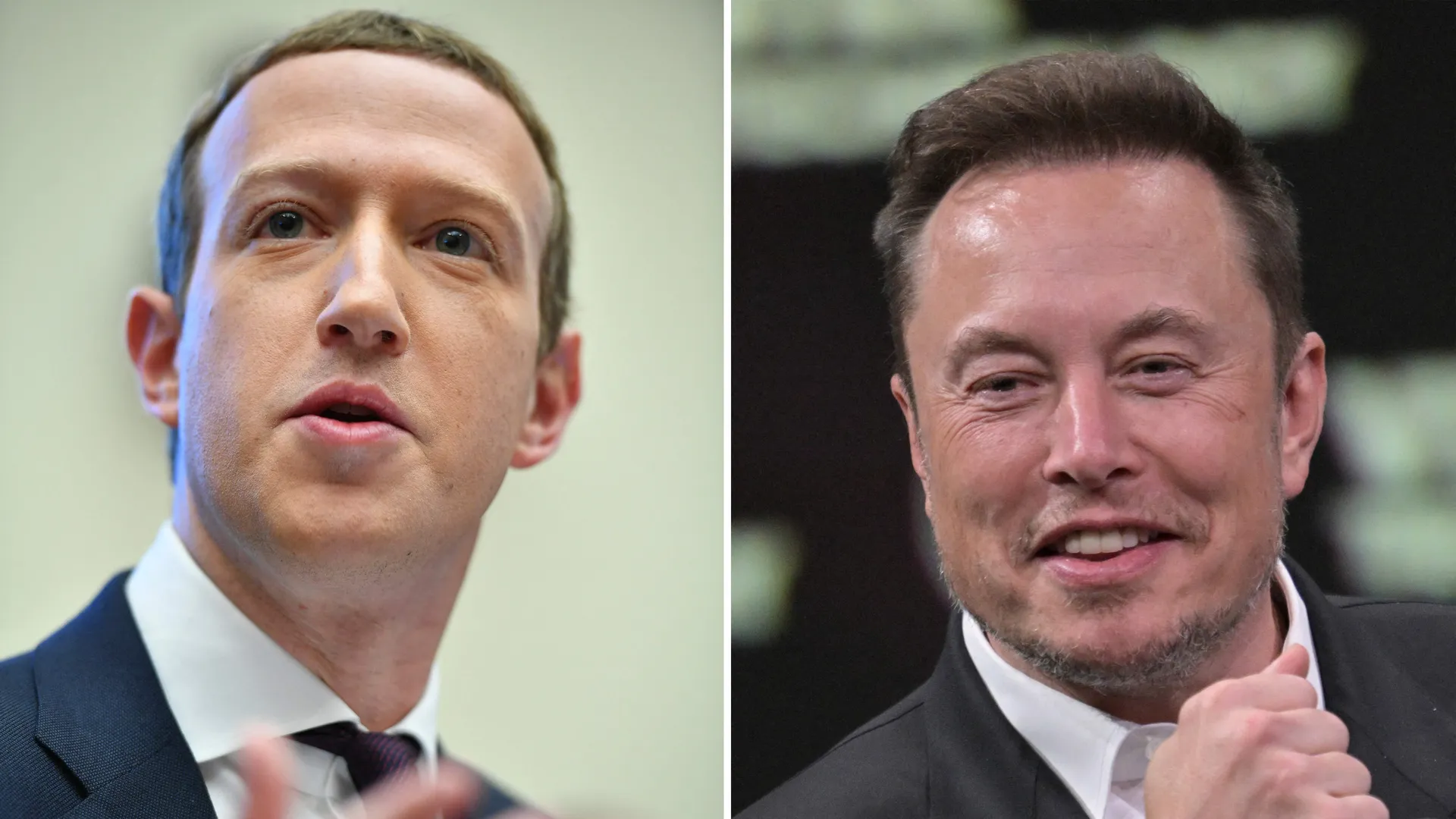The Kenyan government has issued new directives to social media companies operating in the country, aiming to curb the misuse of digital platforms among citizens, particularly the youth.
Physical Presence for Accountability
In a statement released by the Ministry of Interior, social media companies are now required to establish physical offices within Kenya.
This move seeks to ensure accountability in managing issues such as disinformation, online abuse, and platform misuse.
“To promote responsibility and accountability in the face of rising disinformation, social media manipulation, and online abuse, all social media companies operating in the country must establish a physical presence within our jurisdiction,” the Ministry announced.
Targeted Platforms
The directive targets global tech giants, including Meta, the parent company of Facebook (3.07 billion users globally) and Instagram (2.4 billion users globally), and X (formerly Twitter, with 600 million users globally), owned by Elon Musk.
Other platforms, such as TikTok, YouTube, LinkedIn, Pinterest, and Snapchat, are also affected.
Background to the Directive
The decision follows increasing concerns over social media misuse in Kenya, including harassment, hate speech, and incitement to violence.
Interior Principal Secretary Raymond Omollo spearheaded discussions involving telecommunications companies and representatives of social media platforms.
“The increasing misuse of social media necessitates immediate and decisive measures,” the Ministry stated. “Telecommunications providers and platform owners must take stronger action against criminal activities online.”
Implementation and Potential Backlash
The government expects strict compliance with the new requirements, but the move is likely to face opposition. Civil society groups and citizens have previously accused the government of attempting to stifle freedom of speech.
Social media companies like X and Meta may also challenge the directive. Elon Musk, a vocal advocate for free speech, is expected to issue a response.
Meta CEO Mark Zuckerberg has already announced significant changes to enhance user freedom, including the removal of fact-checkers.
The directive marks a critical turning point for social media regulation in Kenya. While it aims to tackle digital challenges, it raises questions about balancing accountability with freedom of expression in online spaces.









































